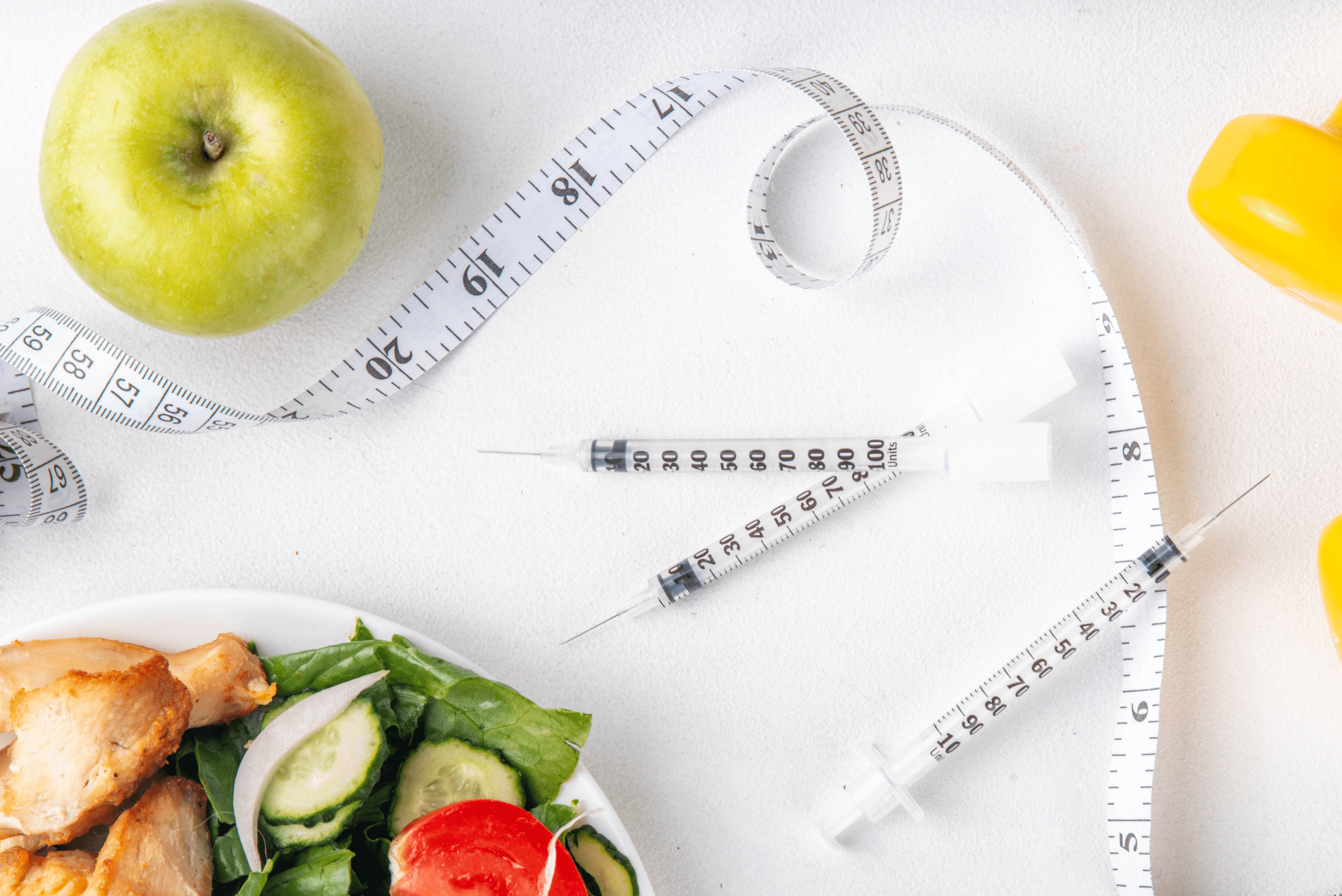6 Foods With More Vitamin A Than a Carrot
Vitamin A keeps your skin and eyes healthy, and supports your immune system and reproductive health. Your body can’t make vitamin A, so you’ve got to get it by eating foods that contain vitamin A or carotenoids, which the body converts into vitamin A.
1. Beef Liver
frederique wacquier / Getty Images
Vitamin A: 6,582 mcg RAE
Serving size: 3 ounces
The best source of vitamin A is beef liver. A 3-ounce serving contains a whopping 6,582 micrograms (mcg) of retinol activity equivalents (RAE), which is about seven times the required daily intake of vitamin A.
It’s OK to have beef liver occasionally, but too much preformed vitamin A can make you ill. In addition, since liver and other organ meats are high in saturated fats, they should only be eaten occasionally and in moderation.
Measuring Vitamin A
There are two ways to get vitamin A:
- Pre-formed vitamin A (retinol), found in animal products
- Provitamin A carotenoids, substances in plants that the body converts into vitamin A
These forms act differently within your body, so the recommended intake of vitamin A is given in retinol activity equivalents (RAE). RAEs are measured in micrograms (mcg). For people 14 and older:
- Males need 900 mcg of RAE daily
- Females need 700 mcg RAE daily
A half-cup of raw carrots contains 459 mcg of RAE, or about half of the recommended intake for males.
2. Liverwurst
Liudmila Chernetska / Getty Images
Vitamin A: 1,500 mcg RAE
Serving size: 1 slice 2.5 inches in diameter and 1/4 inch thick
Liverwurst—a type of sausage made from liver meat—is another outstanding source of vitamin A. It contains 1,495 mcg RAE, more than 5 times the recommended daily serving for males.
3. Sweet Potatoes
clubfoto / Getty Images
Vitamin A: 1,730 mcg RAE
Serving size: 1 whole large sweet potato, baked
One large sweet potato with skin contains 1,730 mcg RAE, making it easy to exceed your recommended daily intake. However, the vitamin A in a sweet potato comes in the form of carotenoids (as it does in carrots also), which are not dangerous in high doses, unlike preformed retinol.
The great thing about sweet potatoes is that they’re so versatile. From sweet potato fries to sweet potato soup, there are plenty of foods you can make with this source of vitamin A.
4. Spinach
Little Hand Images / Getty Images
Vitamin A: 573 mcg RAE
Serving size: 1/2 cup boiled
Popeye was onto something with spinach—maybe it was all that Vitamin A that helped him stay so strong. A half cup of boiled spinach contains 573 mcg RAE, enough to get you well on your way to meeting your vitamin A goals.
5. Pumpkin Soup
Cris Cantón / Getty Images
Vitamin A: 902 mcg RAE
Serving size: 1 cup
Pumpkin packs a punch when it comes to vitamin A: one cup contains 902 mcg RAE. Pureed pumpkin is a great base for a healthy soup.
6. Pumpkin Pie
Iamthatiam/ Getty Images
Vitamin A: 902 mcg RAE
Serving size: 1 slice
A sweet way of getting your vitamin A intake is with a slice of pumpkin pie. A commercially prepared pie contains about 488 mcg RAE in each slice.
What Are Other Sources of Vitamin A?
Carrots are an excellent source of vitamin A, so it’s hard to find foods that can compete. However, you can get plenty of vitamin A in your diet by incorporating foods that are good sources of vitamin A (even if they contain less RAE than carrots).
Other good sources of vitamin A include:
- Herring (fish): 219 mcg RAE per 3 ounces
- Vanilla ice cream: 185 mcg RAE per 2/3 cup
- Skim milk, fortified with vitamin A: 149 mcg RAE per cup
- Cantaloupe: 135 mcg RAE per 1/2 cup
- Ricotta cheese (part skim): 135 mcg RAE per 1/2 cup
- Red peppers: 117 mcg RAE per 1/2 cup
- Mango: 112 mcg RAE per whole mango
What Are the Benefits of Vitamin A?
Vitamin A has a host of benefits. Many of them come from consuming vitamin A in your diet, and might not be replicated by taking vitamin A supplements. The benefits of vitamin A include:
- Healthy teeth and bones
- Healthy skin
- Good eyesight, especially in low light
- Healthy pregnancy and breastfeeding
- Antioxidant
- Cancer protection
The American Academy of Pediatrics cautions that vitamin A supplements do not prevent measles, a severe viral infection that is preventable by vaccination. Vitamin A deficiency is extremely rare in the United States, and oversupplementation with vitamin A can make you sick. In developing countries where vitamin A deficiency is common, supplementation in early childhood may provide some protection from measles.
Source link
Share this article:

:max_bytes(150000):strip_icc()/BurchHeadshotOutdoor-215a575f7ef34c52a908676f88bd9acb.jpg)










